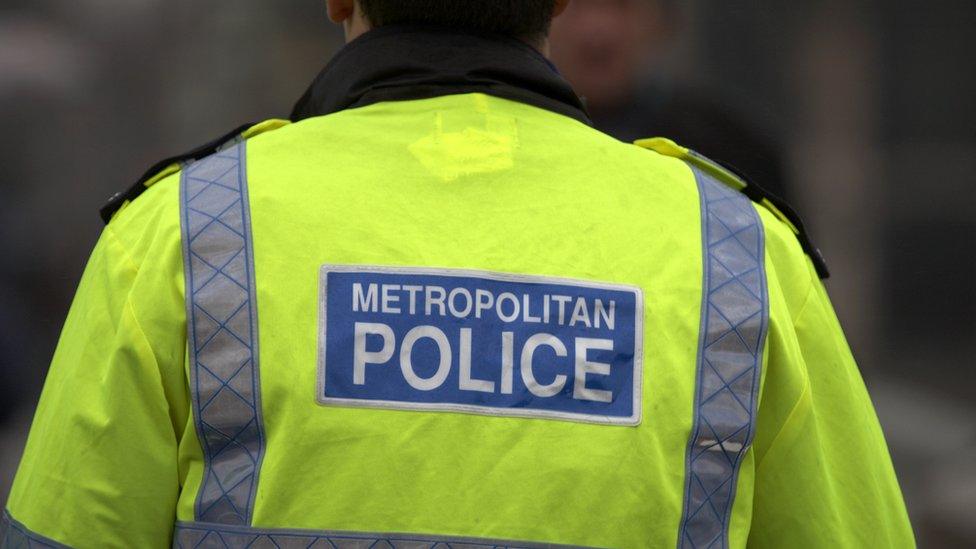Met Police use counter-terrorism tactics to catch men attacking women
- Published
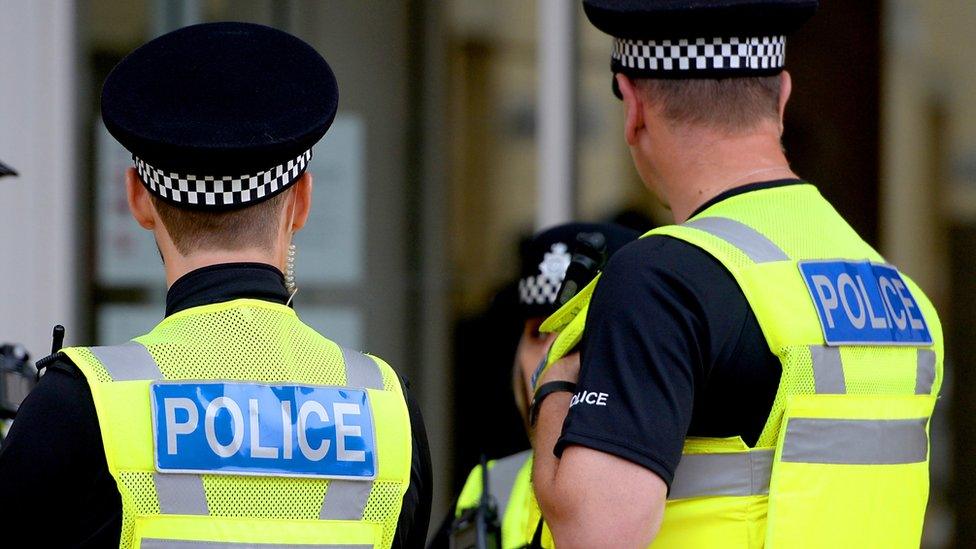
Scotland Yard has faced questions over its plans to reform
Police tactics used against terrorists are being used to catch the 100 worst predators targeting women in London.
The Met said a system assessing 35,000 offenders reported each year for crimes against females was being used.
The Cambridge Crime Harm Index is the first system to measure the seriousness of crime harm to victims, rather than just the number of recorded crimes.
Previously used for only terrorism and organised crime, it is the first time it has been used for attacks on women.
The system gathers data on tens of thousands of men recently convicted of domestic assault, rape, sex offences, stalking, and harassment to rank the 100 who pose the highest risk to the public.
It follows a series of scandals and a review that found the force was racist, misogynist and homophobic.
Plans to overhaul the force, a £366m two-year scheme dubbed A New Met for London, are being launched with visits to every borough in the capital.
Bosses say there will be an increased emphasis on neighbourhood policing in a bid to rebuild public trust.
Some 240 officers out of the Met's total workforce of around 34,000 will be moved from central to local teams.
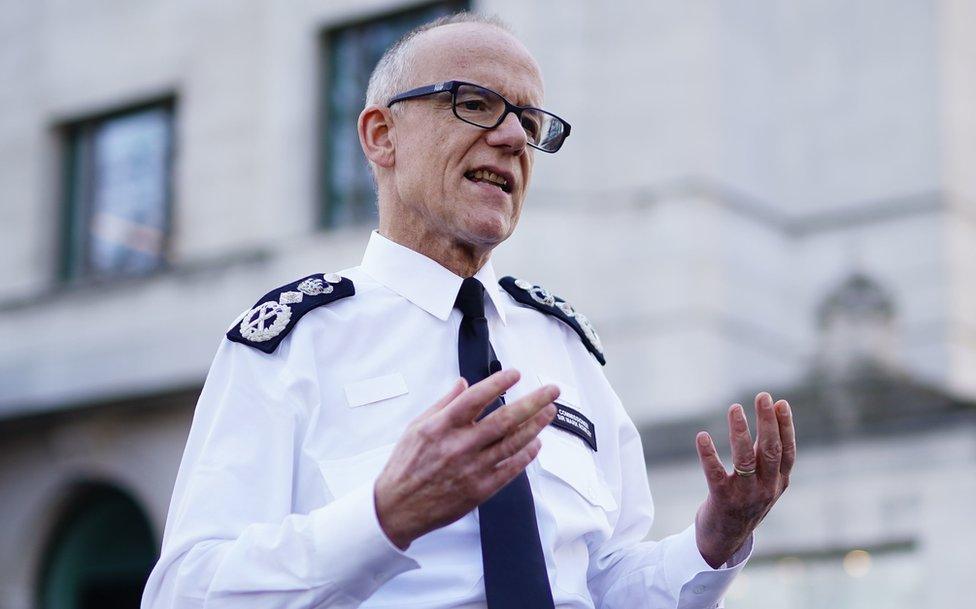
Sir Mark Rowley says he is committed to rooting out rogue officers
There are also plans to recruit 500 more community support officers (PCSOs) and an extra 565 people to work with teams investigating domestic abuse, sexual offences and child sexual abuse and exploitation.
Each borough will have at least one front counter open 24 hours a day under the proposals.
During austerity from 2010 onwards, local borough teams were cut so that between two and four boroughs were covered by one basic command unit.
'Rebuild public trust'
Met Commissioner Sir Mark Rowley told the Today Programme on BBC Radio 4 on Tuesday: "We're being much more proactive going after the repeat offenders.
"We've been doing this for a year or two with stalking and harassment, which is important because it's often a precursor to serious violence or even domestic murder.
"We've increased the prosecution rate on those offences. We're getting more preventative orders against offenders.
"We're seeing early signs of the domestic violence murder rate going down in London."
He added that the force was seeing more come forward to report crimes against women.
Zoe Billingham, who served as HM Inspector of Constabulary and Fire and Rescue Services (HMICFRS) for 12 years, told BBC Radio 4's Woman's Hour: "I am so pleased to hear that the Met Police are undertaking this innovative reform.
"What it means is that they will target predators, those men that prey on women and girls. It's known from research that a predator won't target one single woman, it's multiple women who are his victims.
"If the Met Police knows where its most prolific offenders are and is going to use really overt tactics, the same they use to fight terrorism, this is great news."

Analysis
Sonja Jessup, BBC London home affairs correspondent
Why hasn't this been done before? This approach - using data to try to target the most dangerous suspects more precisely - is already used to tackle terrorism and serious organised crime.
But there've been two significant changes.
The first is the increase in reports of rape and domestic abuse: police say the numbers are too big to manually identify which cases to prioritise and they need to find new crime-fighting methods.
The second is about the pressure on the Met to take violence against women and girls more seriously. Campaigners have warned many victims have lost confidence in the force.
The Met hopes to restore that trust, but that will mean not only bringing more offenders to justice, but also demonstrating a change in its own culture as a force criticised as "institutionally misogynist" by Baroness Casey.

Baroness Casey was appointed to review the force's culture and standards after the abduction, rape and murder of Sarah Everard by serving police officer Wayne Couzens, in 2021.
During the course of her review, another Met officer, David Carrick, was convicted of a series of rapes, sexual offences and torture of women.
Mayor of London Sadiq Khan said: "Londoners will rightly judge this plan on actions not words, and I will be unflinching in holding the Met and the commissioner to account and supporting him to deliver."
London's victims' commissioner Claire Waxman said: "A New Met for London clearly sets out how the Met plans to turn around the force and deliver for Londoners, but there is no time to lose, as they need to quickly and effectively improve their support to the thousands of victims they interact with on a daily basis."

Follow BBC London on Facebook, external, Twitter , externaland Instagram, external. Send your story ideas to hellobbclondon@bbc.co.uk
Related topics
- Published22 April 2023
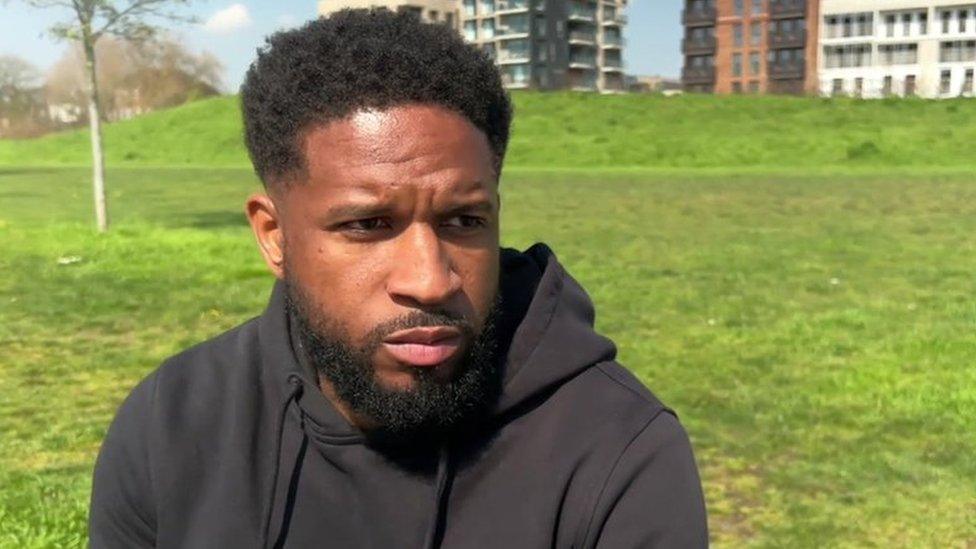
- Published11 January 2023
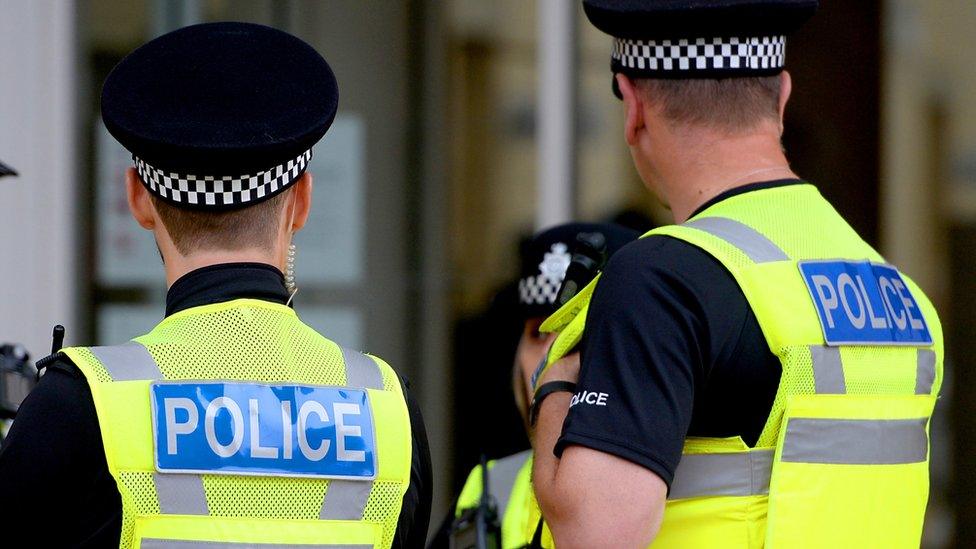
- Published5 December 2022
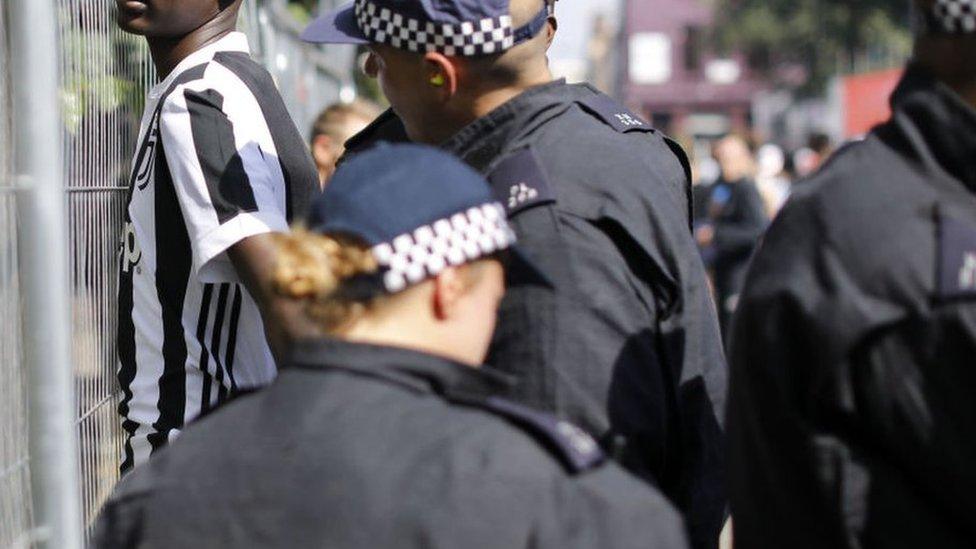
- Published29 November 2022
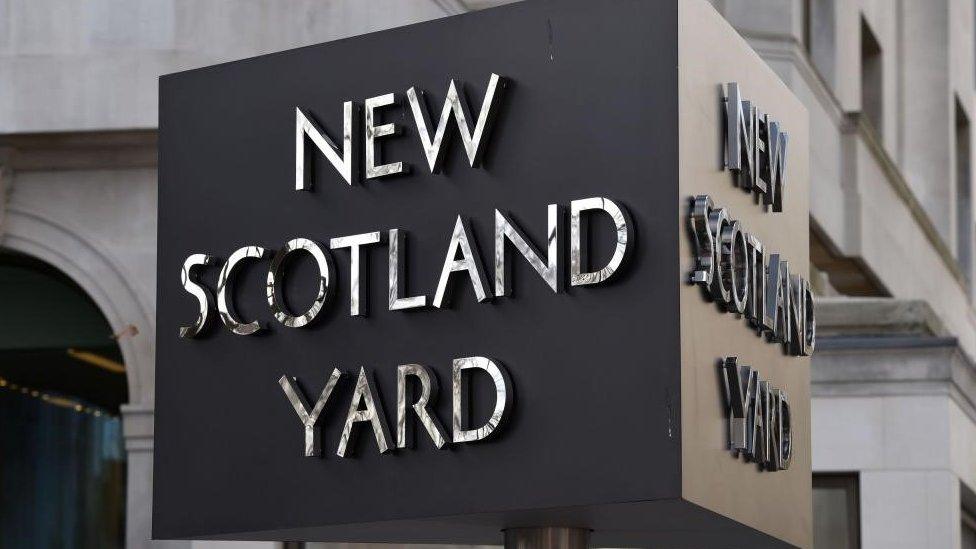
- Published24 November 2022
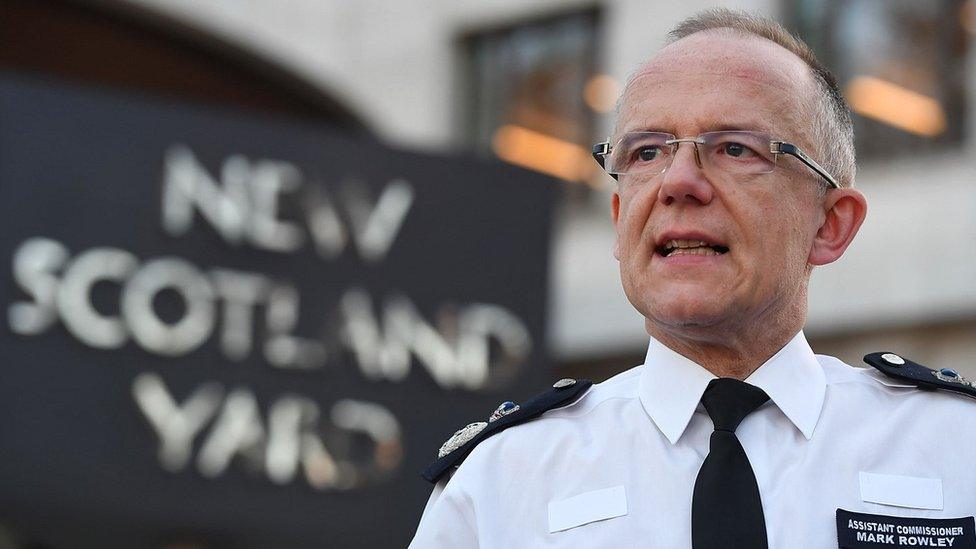
- Published22 September 2022
